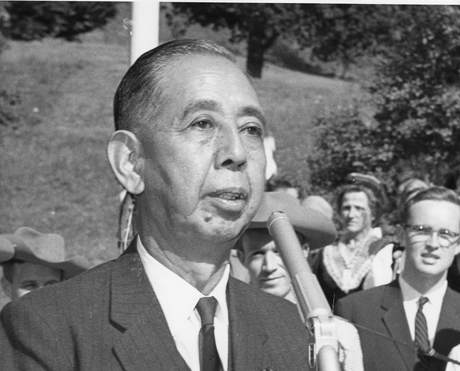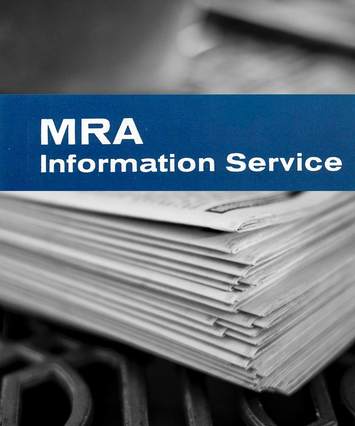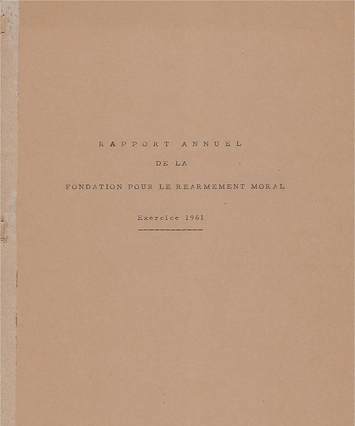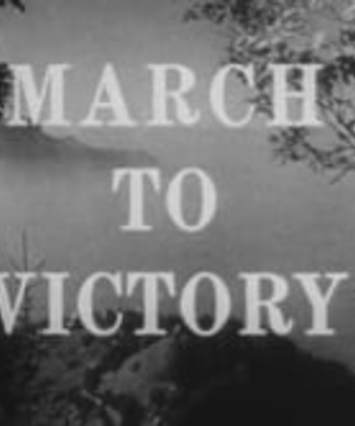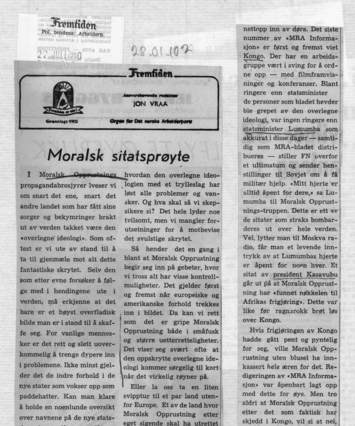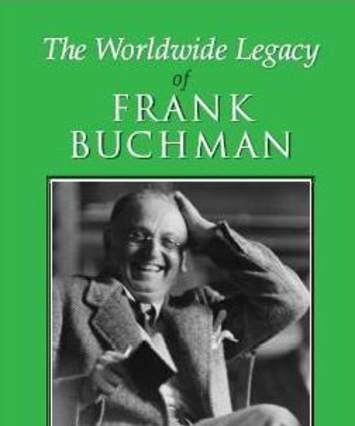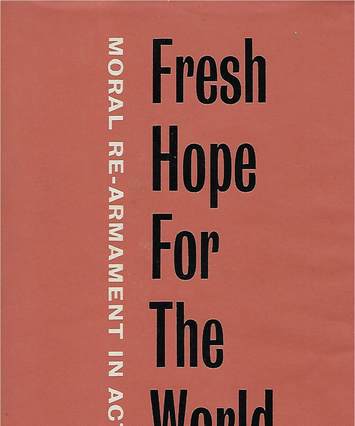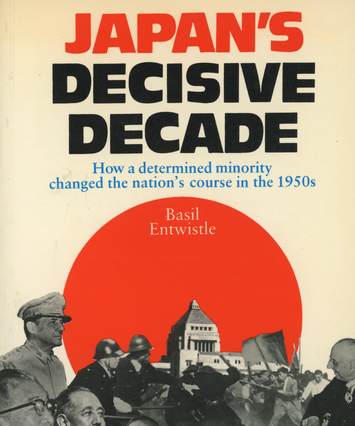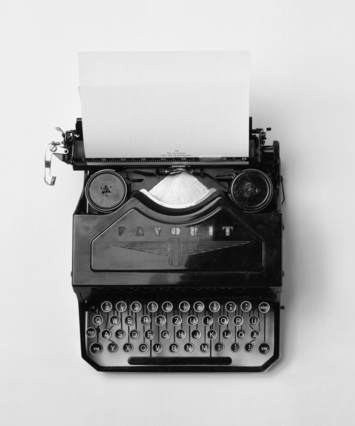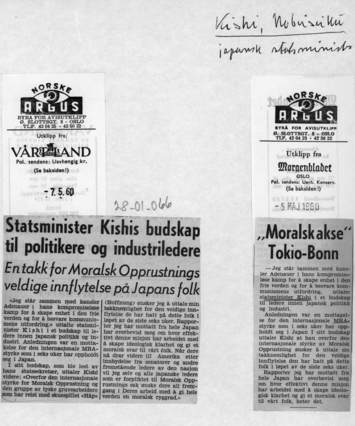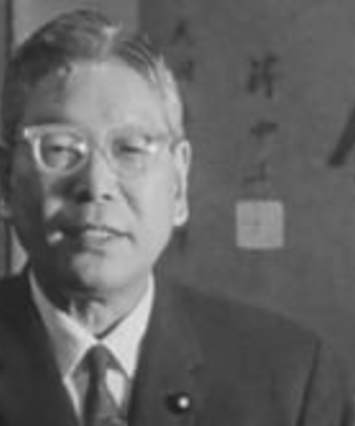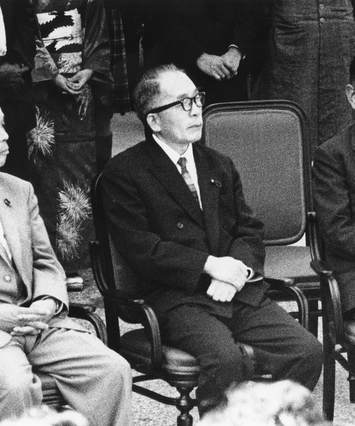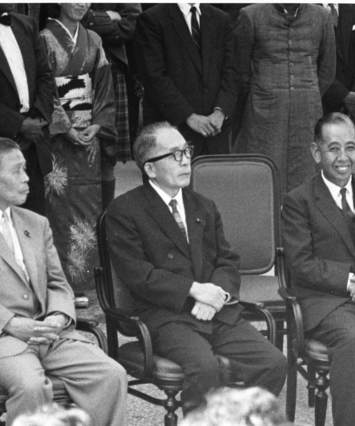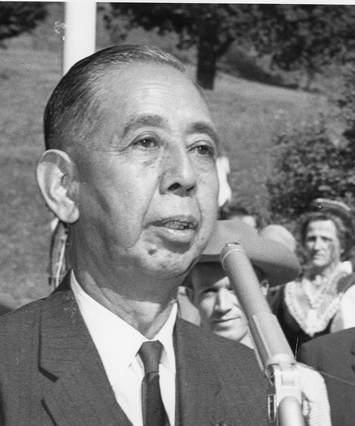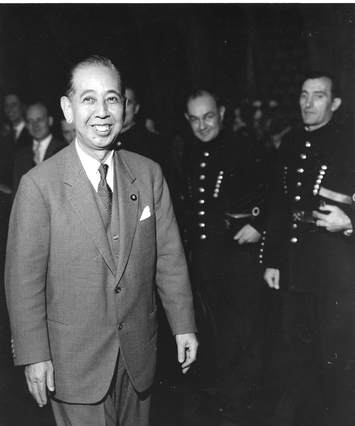"Nobusuke Kishi (岸 信介, Kishi Nobusuke, 13 November 1896 – 7 August 1987) was a Japanese bureaucrat and politician who was Prime Minister of Japan from 1957 to 1960.
Known for his exploitative rule of the Japanese puppet state of Manchukuo in Northeast China in the 1930s, Kishi was nicknamed the "Monster of the Shōwa era" (昭和の妖怪; Shōwa no yōkai).[1] Kishi later served in the wartime cabinet of Prime Minister Hideki Tōjō as Minister of Commerce and Vice Minister of Munitions,[2] and co-signed the declaration of war against the United States on December 7, 1941.
After World War II, Kishi was imprisoned for three years as a suspected Class A war criminal. However, the U.S. government did not charge, try, or convict him, and eventually released him as they considered Kishi to be the best man to lead a post-war Japan in a pro-American direction. With U.S. support, he went on to consolidate the Japanese conservative camp against perceived threats from the Japan Socialist Party in the 1950s. Kishi was instrumental in the formation of the powerful Liberal Democratic Party (LDP) through a merger of smaller conservative parties in 1955, and thus is credited with being a key player in the initiation of the "1955 System", the extended period during which the LDP was the overwhelmingly dominant political party in Japan.[3][4] Kishi backed up numerous organizations of far-right-wing causes including Korea's Unification Church (Toitsu Kyokai), the Asian People's Anti Communist League, the Moral Re-Armament Movement, and served as an adviser for the association of war veterans (Nihon Goyu Renmei) and of the national fascists (Sokoku-boei Doshi-kai) advocating the destruction of democracy.[5]
As prime minister, Kishi's mishandling of the 1960 revision of the U.S.-Japan Security Treaty led to the massive 1960 Anpo protests, which were the largest protests in Japan's modern history and which forced him to resign in disgrace.[6]
His younger brother, Eisaku Satō, also was a prime minister. Kishi was the maternal grandfather of Shinzo Abe, twice prime minister and defense minister Nobuo Kishi."
Source: Wikipedia article, accessed on 2022-11-28.

